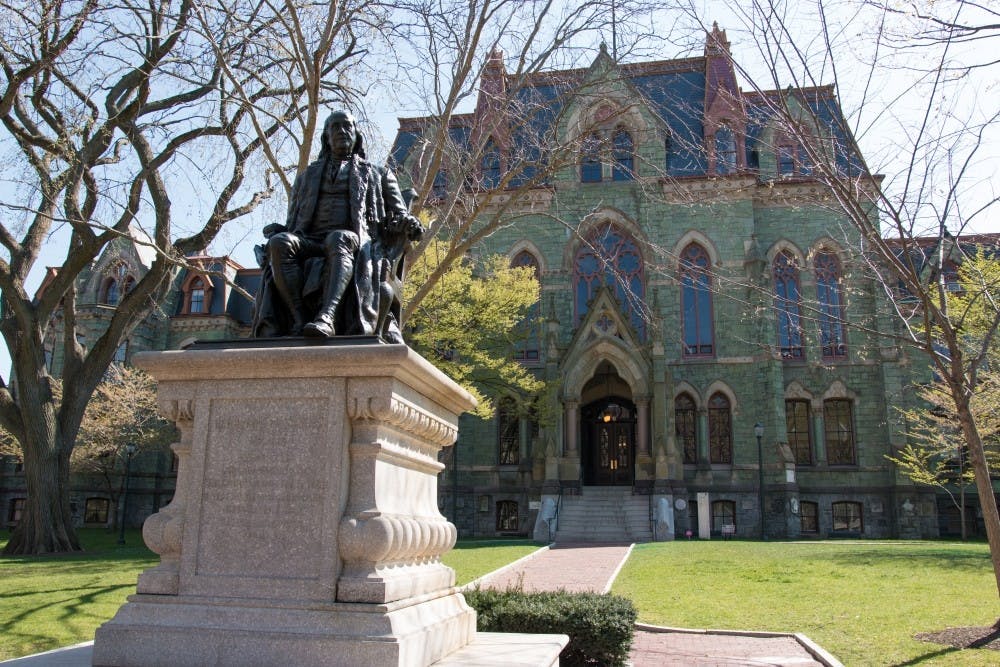With the recent addition of Swarthmore College, the list of “sanctuary campuses” in the U.S. now stands at seven. Penn, which declared last week that it “is and always has been a sanctuary” for undocumented students, is the only Ivy League University on that list.
On Nov. 21, a week before President Amy Gutmann’s school-wide email addressing petitions for Penn to be made a sanctuary, Columbia University’s Provost John Coatsworth sent out a similar statement. Coatsworth wrote that Columbia would not cooperate with federal efforts to identify undocumented students, although there is still doubt as to whether Columbia has identified as a sanctuary campus, as Coatsworth refrained from using the exact term.
Last week, Gutmann wrote that Penn is a “sanctuary,” although she also did not use the full technical term “sanctuary campus.” Other administrators have been more explicit: Wesleyan University President Michael Roth wrote on Nov. 20 that “it is very important to declare that Wesleyan University is a sanctuary campus.” Last Friday, Swarthmore College President Valerie Smith and Chair of the Board of Managers Thomas E. Spock stated that the College “wholeheartedly pledges” to become a sanctuary campus.
While administrators like Smith and Roth have embraced the term “sanctuary campus,” others have adopted a stance against the movement. Last Friday, New Mexico State University President Garrey Carruthers stated that the University “will not ban federal law enforcement agents from our campus,” as “doing so would jeopardize federal funding.”
Princeton University President Christopher Eisgruber also wrote in a statement that the concept of a sanctuary campus “has no basis in law, and that colleges and universities have no authority to exempt any part of their campuses from the nation’s immigration laws.”
Nonetheless, officials at Penn, Columbia, Wesleyan and Swarthmore have made several commitments to their undocumented students. Administrators at all these institutions have stated that they will not allow immigration officials on campus (unless required by warrant) or share information about undocumented students with federal agencies unless required by law.
Smith added that Swarthmore will not participate in the “E-Verify” program, an online database run by the Department of Homeland Security for businesses to determine the immigration status eligibility of their employees.
Gutmann also assured undocumented students that they will continue to receive the financial support they need to complete their education as well as remain eligible for work-study positions. Roth similarly wrote that administrators at Columbia were working to offer “special financial aid” to undocumented students should they lose their ability to work due to federal regulations.
To further prepare for changes in immigration policies, University administrators have begun meeting with undocumented students and staff. This Wednesday, these students at Penn will meet with high level administrators such as Vice Provost for University Life Valarie Swain-Cade McCoullum and Vice President for Institutional Affairs Joann Mitchell. The Office of University Life at Columbia has started hosting private information sessions for undocumented students to address their concerns while Swarthmore’s President Smith has begun convening with “a working group of students, faculty, and staff” to respond to the needs of undocumented students.









